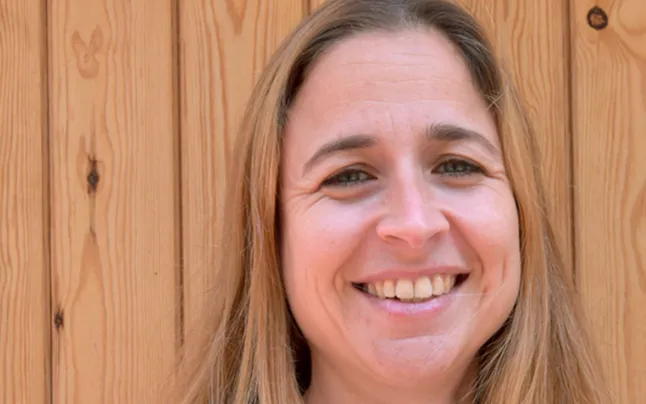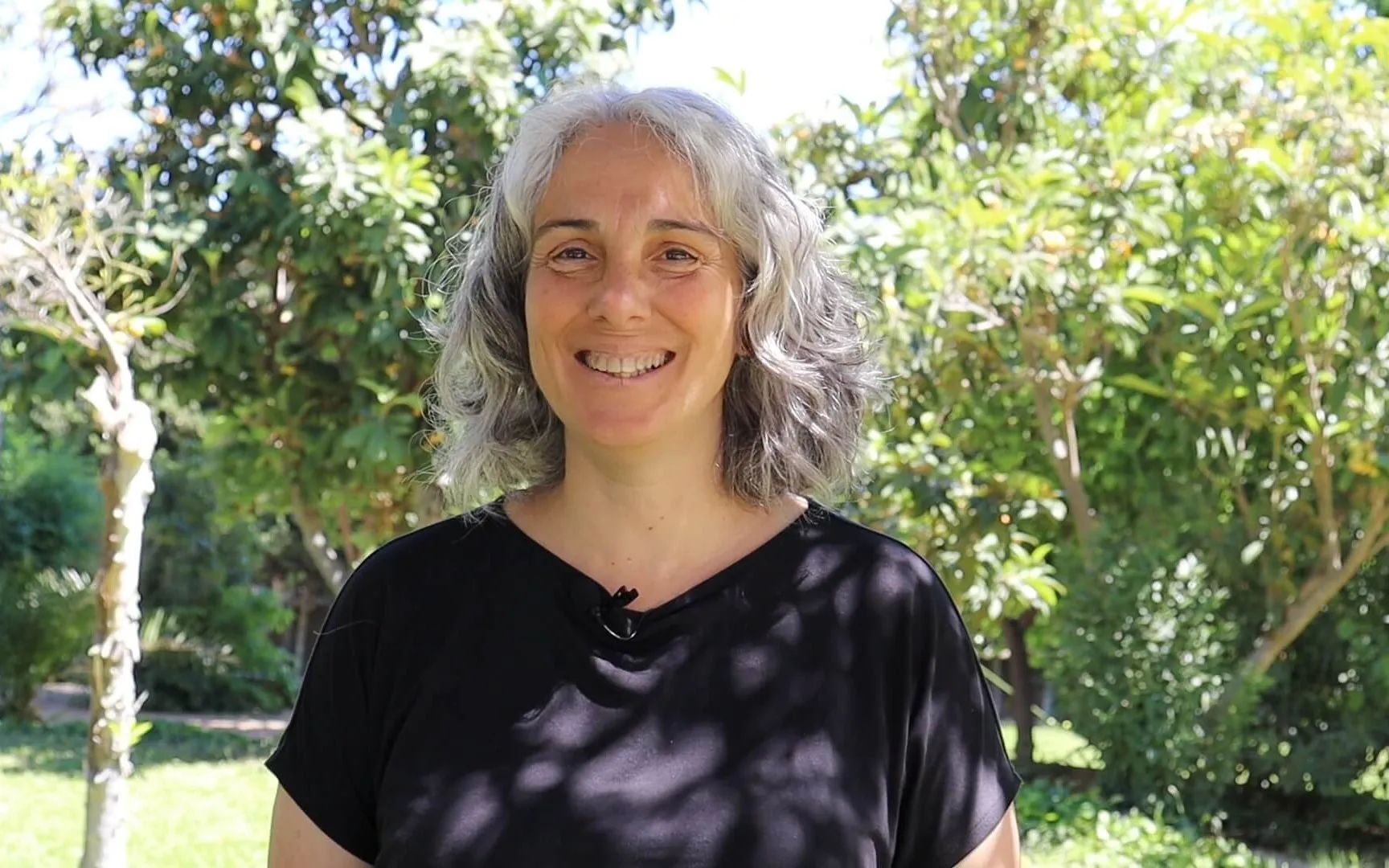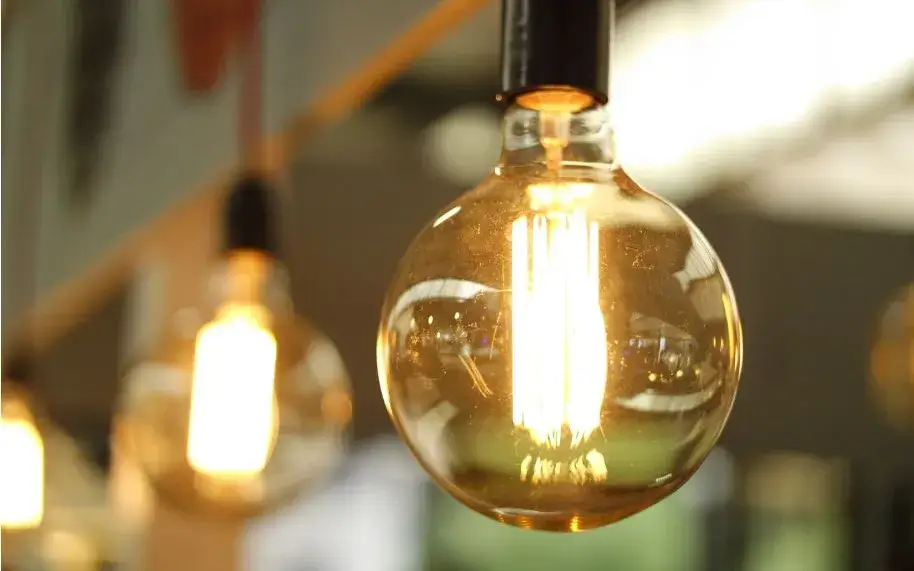Marta García: "A lot is being said about an energy transition leaving no-one behind, but the reality is quite different”

We’ve interviewed the CEO of Ecoserveis on how the global crisis is affecting people living in a situation of energy poverty.
What do you do at Ecoserveis to deal with the structural elements underpinning energy poverty?
The association Ecoserveis was created to identify energy challenges in our society and find solutions. So, in 2006 we identified energy poverty as a social priority in Spain, when the concept didn’t even exist in Internet browsers.
Ever since then, we have tackled this issue from different perspectives, since energy poverty situations depend on different factors.
What are these concrete factors?
On the one hand, we must consider exposal factors, such as the place you live in. On the other, we must take personal situations into account, since an elderly person will be affected differently than someone living with a chronic disease.
Besides these factors, an individual’s ability to respond to a situation of energy poverty is also an important part of the equation.
Does Ecoserveis work exclusively on a local level, or do you also work at a European level?
We also work on a European level together with other organisations managing the European Commission’s energy poverty service, which is known as the Energy Poverty Advisory Hub and has a European scope.
What new challenges have you identified?
We see that the so-called energy transition isn’t including all energy users equally and we’ve promoted projects such as the Solar energy for all or the European project Sun4all promoting the participation of vulnerable groups in energy communities and the in renewable energy installations.
You also work in projects to promote energy refurbishing in the homes of vulnerable groups, is that so?
Yes, we do. Besides the financial barriers, another challenge that needs dealing with is access to information, legal services and community services, among others. We are also concerned with regards to protecting vulnerable groups from the impacts of climate change such as heat waves and, luckily, for this we have the project Cooltorise.
How has this impacted on people at risk of social exclusion?
People living in a vulnerable situation are the first to be impacted by this situation. Lowe income levels mean they often can’t pay high energy bills and even less so when we see the price skyrocketing as in the past months.
In many cases, the homes they live in aren’t energetically isolated and of low energy quality, meaning it becomes difficult for them to find energy comfort. We are constantly warning that we’ve reached a critical situation and that these groups are in need of urgent protection.






Add new comment